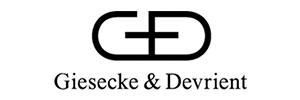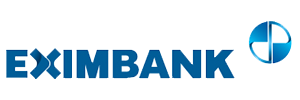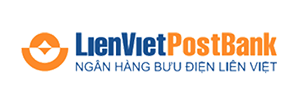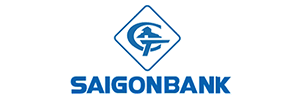
The conversion of magnetic cards to chip cards in Vietnam is quite slow. This invisible medium has helped criminals steal money from ATM cards.
Currently, Vietnamese banks are “racing” to convert magnetic cards to chip cards. This transformation not only fulfills the requirement of the State Bank (SBV) to be completed in 2020, but also to dominate customers, which are changing daily consumption habits.
Nguyen Quang Hung, general director of Vietnam National Payment Joint Stock Company (Napas), said that in May, only seven banks were willing to convert chip cards and five white card suppliers ( card embryo), but so far more than 20 banks are willing to convert and 6 units provide blank cards. Expected to quarter 1/2020, this number will reach 26 banks and 10 companies providing white cards.
However, many people believe that, compared to many countries in the world, the conversion of magnetic cards to chip cards in Vietnam is still quite slow. One of the main causes is cost.
The risk of losing money in ATMs increases because of the slow transfer of magnetic cards to chip cards
Converting a magnetic card to a slow chip card can lead to increased money loss. (Artwork: KT)
According to Mr. Nguyen Dinh Thang, Chairman of the Board of Directors of LienvietPostbank, investing in old technologies requires a depreciation period, while when applying the chip card, the core card system must change, the terminal system, the tree ATMs, POS systems must also be removed and invested in a new system to recognize the chip. Not to mention, changing the chip card also takes time for customers to adapt and get acquainted.
Sharing the same view, Mr. Tran Cong Quynh Lan, Deputy General Director of VietinBank, said that when changing to a chip card, the bank will have to change a series of machines, the cost of issuing a chip card is also higher than the one from many times. However, banks have found it necessary to convert magnetic cards into chip cards and how chip cards can be integrated and synchronized to pay for expenses such as insurance, education and health care. merely holding an ATM account.
While the issuance of domestic chip cards is slow, the criminal situation, especially foreign criminals, “hacking” customer accounts to steal money through skimming is on the rise.
Specifically, in November, the Ministry of Public Security in collaboration with the City Police Department (Nghe An) arrested three Chinese people to investigate the use of computers and telecommunications networks to seize assets. Authorities seized 333 counterfeit bank cards. Among them, 319 were scanned information about the account holder, 22 cards were withdrawn from the account and 14 blank cards, 3 sets of electronic devices, computers, memory cards, and many other related exhibits.
By sophisticated means of entering Vietnam to rent a hotel, they have installed “strange” devices into a bank’s ATM to steal customer card information. The information data was initially processed by the subjects and then transferred to China for decoding and transferred back to the above 3 subjects, pouring data into blank ATM cards into fake cards and then withdrawing money at ATMs …
According to economists, the technique of skimming money with skimming has appeared for many years in the world and Vietnam is considered a “key” of foreign criminals by using magnetic tape ATMs, while many Water has converted to chip cards.
Figures of the Global Organization for Management of EMV Specifications (EMVCo) show that, by the end of 2018, the global rate of ATM card transactions according to chip standards in the world accounted for 73.6%, particularly countries in Europe Asia has increased the rate to 68.15% instead of 54.4% in 2017. Some countries in the region have successfully converted to chip cards such as: Malaysia converted national cards by the end of 2018 and is implementing Phase 2 to EMV international standard chip. In Indonesia, convert domestic ATM chip cards 30% by the end of 2018, 50% by the end of 2019 and reach 100% by 2021 …
Finance and banking expert Nguyen Tri Hieu recommends that in the period when Vietnamese banks preparing to convert magnetic cards to chip cards may face many risks, because technology criminals take this opportunity to ” to penetrate ”into countries not yet able to convert to chip cards with higher security and confidentiality. Therefore, converting a magnetic card to a chip card is a necessary job, done as soon as possible to protect assets for both customers and banks.
For user safety, TS. Nguyen Tri Hieu also noted that card users must keep their cards secure. Regardless of whether a magnetic card or chip card when confidential information is leaked out, crooks can still use and appropriate money in the account. Along with that, consumers should change their passwords often to avoid having their passwords revealed.
(According to VOV)
Tin tức khác
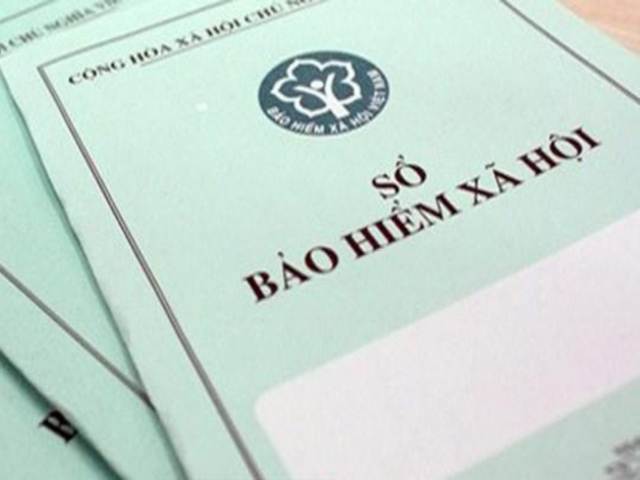
From 2020, does the social insurance book no longer exist?
The social insurance book has been familiar to employees for a long time, is a book that records the employees’ participation in social insurance and is also a “proof” for them to enjoy all the prescribed regimes. specified. However, it is possible that this book will no longer exist. One of the important changes in
Xem chi tiết
Cơ hội đẩy mạnh phổ cập thanh toán không dùng tiền mặt
Trước biến cố dịch bệnh thanh toán online đã chứng minh lợi thế và đây là “cơ hội” để phát triển các loại hình thanh toán không dùng tiền mặt. Việt Nam có tận dụng được cơ hội này hay lại bỏ lỡ? Thời cơ đặc biệt Theo Bộ trưởng Bộ Thông tin và Truyền
Xem chi tiết
Chuyển đổi thẻ từ sang thẻ chip: Người dùng được lợi gì?
Theo kế hoạch, từ ngày 28/5, thị trường thẻ ATM Việt Nam sẽ chuyển đổi từ công nghệ thẻ từ sang thẻ chip. Bảy ngân hàng đầu tiên thực hiện chuyển đổi trong đợt đầu gồm Vietcombank, VietinBank, BIDV, Agribank, Sacombank, TPBank và ABBank. Hạn chế nguy cơ mất tiền do ăn cắp dữ liệu
Xem chi tiết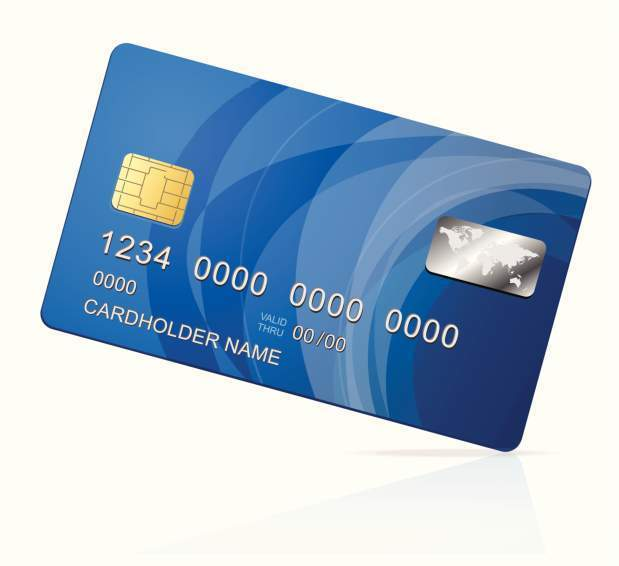
Thẻ chip mở thêm cơ hội đẩy mạnh thanh toán không dùng tiền mặt
Công ty cổ phần Thanh toán quốc gia Việt Nam (Napas) vừa chính thức phát thông tin bắt đầu chuyển đổi thẻ từ sang thẻ chip. Đây là sự nỗ lực trong chỉ đạo điều hành của NHNN Việt Nam cũng như Napas – đơn vị được giao làm đầu mối trong kế hoạch chuyển
Xem chi tiết
VPBank và Visa hợp tác với Shopee ra mắt thẻ tín dụng
Các chủ thẻ tin dụng VPBank Shopee sẽ hưởng nhiều quyền lợi như miễn phí vận chuyển, hoàn tiền, nhận quà tặng trực tuyến… Quy trình mở thẻ được số hóa 100%, người dùng có thể đăng ký ngay trên ứng dụng Shopee và được VPBank cung cấp một thẻ ảo để chi tiêu chỉ
Xem chi tiết
Extend conversion to domestic chips
The State Bank has just released a draft to change the roadmap to convert magnetic tape ATM cards to domestic chip technology in the direction of mandating to stop issuing tape cards from 31.3.2021. Termination of issuance of magnetic tape ATM cards Specifically, extend the term of 100% ATM and card acceptance devices complying with
Xem chi tiết